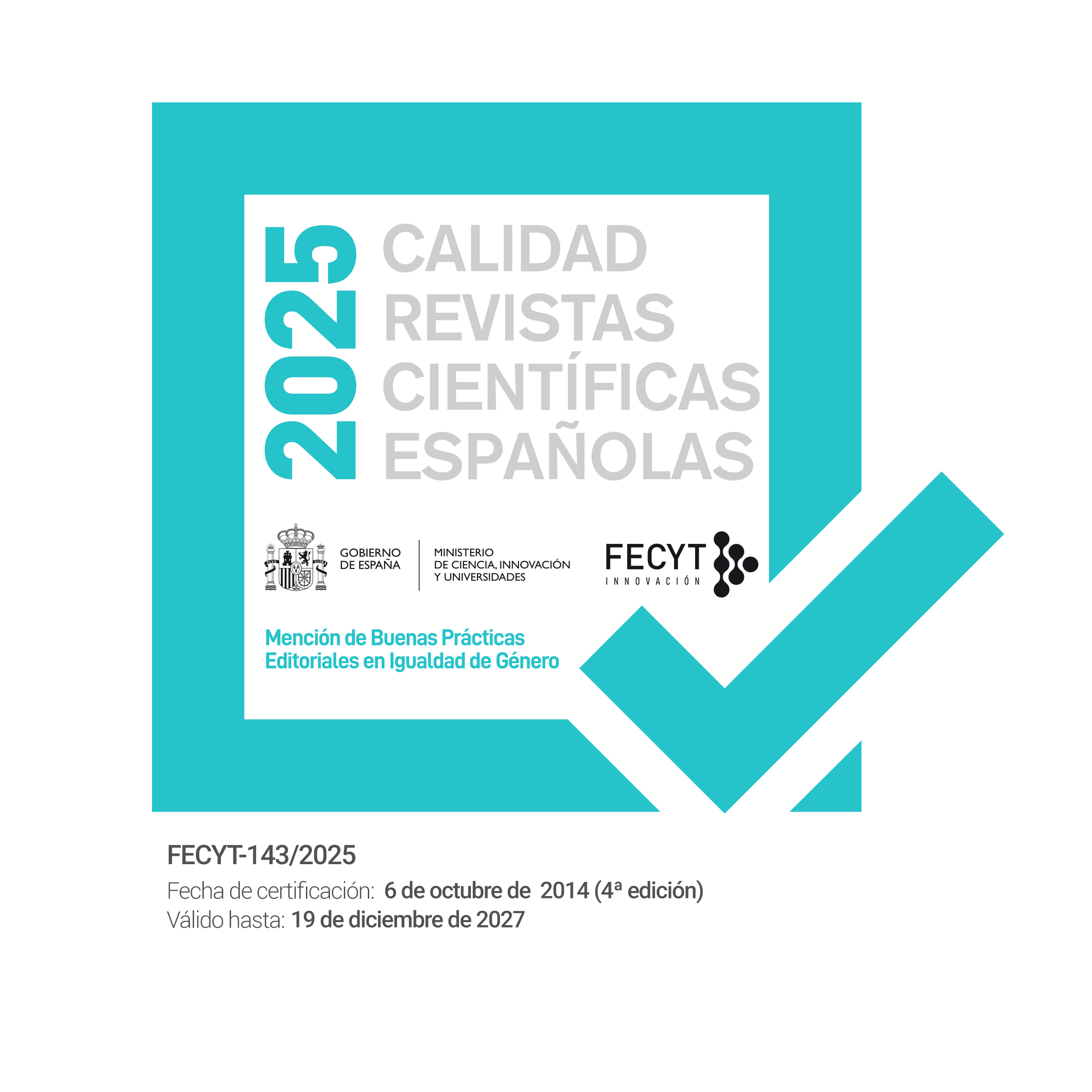TALKING TO YOUR CHILDREN IN A FOREIGN LANGUAGE: FAMILIES’ MOTIVATIONS
Keywords:
bilingualism, bilingual upbringing, non-native bilingualism, English as a foreign language, language choiceAbstract
More and more Spanish parents in Spain decide to communicate in English with their children. Despite the fact that this type of non-native bilingual upbringing is a growing phenomenon in the country, it still remains practically unexplored from a scientific perspective. In the present study, we intend to analyze some of the characteristics and motivations of the parents who choose this type of upbringing for their children. In this endeavor, we departed from the hypothesis that, compared to those using the mother tongue to communicate with their children, parents who use English on a regular basis are proficient in the language and have a medium-high socioeconomic status. Therefore, the next step was to find out whether there is a correlation between these variables. To achieve this, 470 Spanish-speaking parents living in Spain were surveyed, and 143 of those parents claimed to communicate regularly with their children in English. Comparing both groups, we found that parents who state that they communicate in English with their children perceive themselves to be competent in this language. However, contrary to what was expected, there is no relationship between self-perceived socioeconomic status and frequency of English use at home. Subsequently, the analysis of the motivation in these 143 families yielded the observation that Spanish parents’ decision to speak English at home is mainly motivated by linguistic, educational, professional, cognitive, social and cultural factors and, to a lesser extent, by economic, emotional, family and identity considerations.
Downloads
Downloads
Published
How to Cite
Issue
Section
License

This work is licensed under a Creative Commons Attribution-NonCommercial-NoDerivatives 4.0 International License.
El Grupo de Investigación “La lengua inglesa en el ámbito universitario” HUM-397 conserva los derechos de copyright de los artículos publicados y permite la reutilización de los mismos bajo licencia Creative Commons: Creative Commons Atribución-NoComercial-SinDerivar 4.0 Internacional: se pueden copiar, usar, difundir, transmitir y exponer públicamente los artículos mencionados, siempre que (a) se cite la autoría y la fuente original de su publicación, (b) no se usen para fines comerciales, (c) no se creen obras derivadas mediante su transformación, (d) se mencione la existencia y especificaciones de esta licencia de uso.








